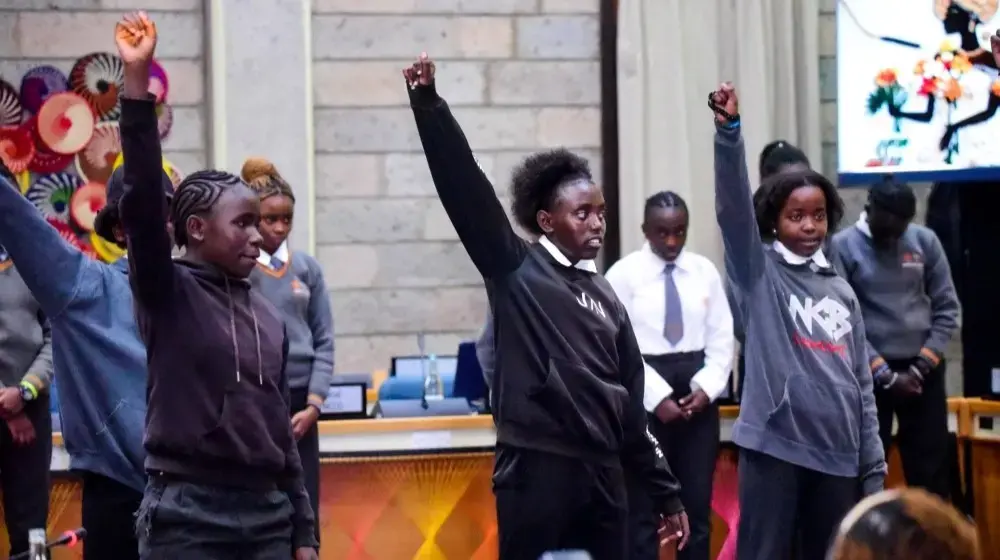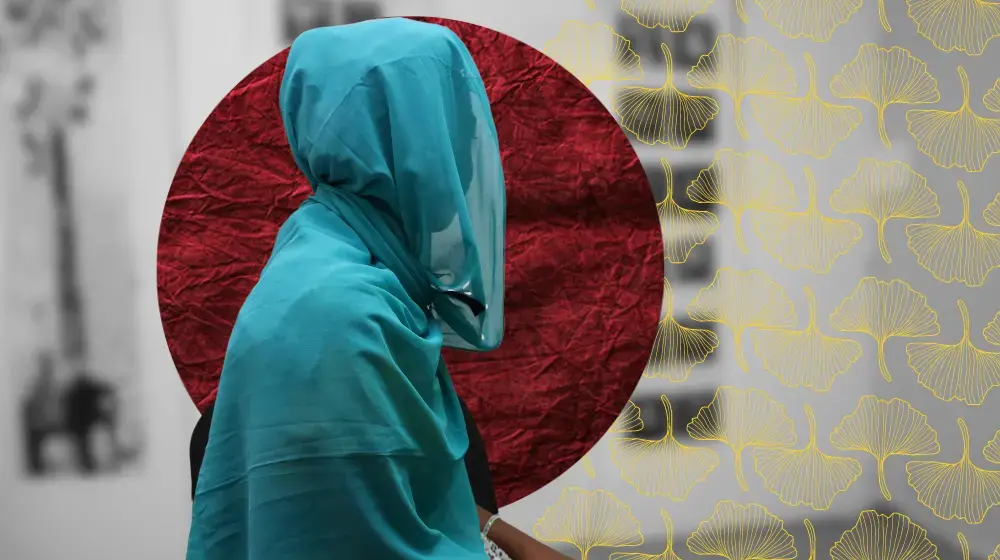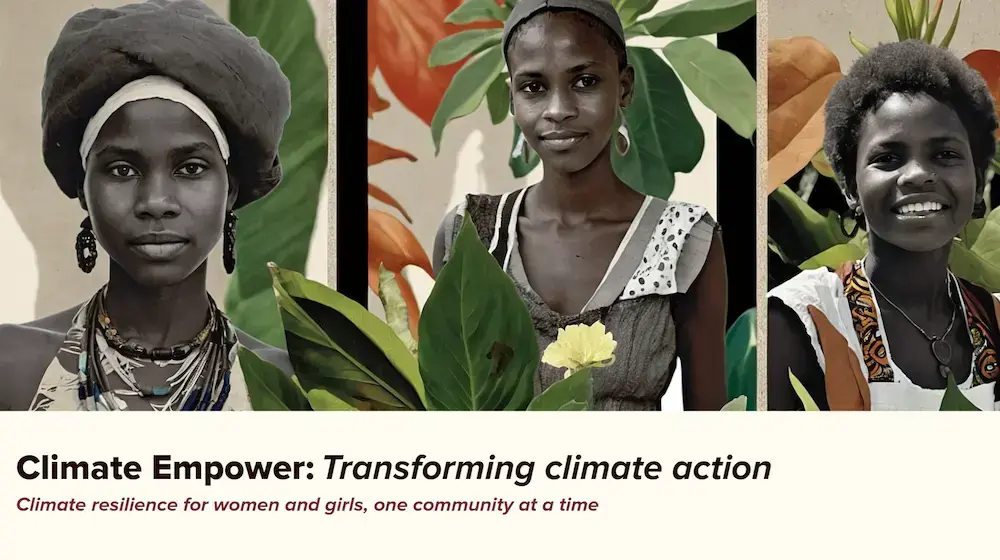Chiaquelane, 28 February — Over 100 youngsters and adults gathered under a marula tree. All of them had been displaced and had lost their possessions due to the recent flooding in parts of Mozambique – but they had not come for food, nor goods. Theirs was not an ordinary meeting. Instead, they cheered and danced when the deejay played a hit by a local musician. After the song, the question was posed: “If you had two kids, a boy and a girl, which one would you send to school?”
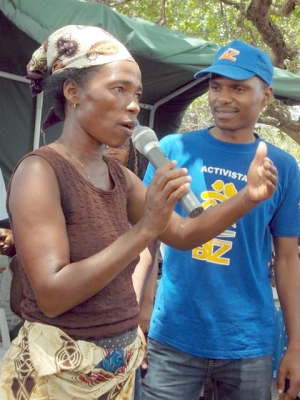
“I would send the boy,” replied a young man in the audience. Mafalda Manuel, the young peer educator who raised the question, asked him his reason for this. “Because if you send a girl you will be wasting time and money, as once she gets married she will benefit another family (…) but if you educate the boy he will be able to find work and marry a beautiful wife,” the young man argued.
After a short silence, a woman in her twenties said nervously: “That’s not fair – girls need to be educated as well. Why do you want girls to remain ignorant?”
Mafalda, who is a member of ‘Coalizão da Juventude’, a youth organization, used the question to spark a discussion about women’s rights, violence against women, reproductive health and family planning. The session was part of UNFPA supported activities to mitigate the impact of the floods in Chiaquelane, a temporary accommodation centre in Gaza province, where 175,000 people were affected by flooding in January.
The idea to start these community activities, said Bettina Maas, UNFPA Representative in Mozambique, followed an assessment made early that month. “We saw that young people, especially girls, are vulnerable to HIV infection and violence, and therefore the need to work with them to reinforce prevention, and empower them to avoid both.”
During an emergency, family and social structures are disrupted and educational programmes about health are seriously affected. For this reason, “we seek to ensure young people are equipped to take informed decisions about their sexual and reproductive health,” she said.
In the last two weeks of February, about 3000 youngsters and adults participated in the sessions and 6000 condoms were distributed, according to António Jorge, Coalizão´s field coordinator. Apart from holding debates, awareness-raising activities included soccer games, traditional games and conversations around a fire.
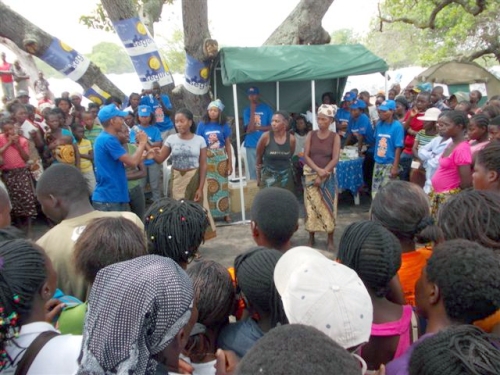
During the sessions, peer educators were joined by health professionals and members of the civil protection unit, who helped respond to the issues raised by participants. “People are mostly interested in discussions related to early pregnancies, violence and HIV prevention,” António said. “We need to clarify these more as we found that there remain a lot of misconceptions.”
“We refer people to clinics to get tested for HIV or to get family planning methods, and we strongly advise all participants that they should not accept any attempt to exchange sex for food, money, water, shelter or protection.”
To date, the sessions – scheduled to run until the Government lifts the red alert – are proving helpful. Jobia Chongo, a mother of two, was attracted by the music coming from the speakers. “I was lucky to learn about different methods of family planning, and to find out that people can get them at the local clinic,” she says.
Chongo is from the flooded district of Chokwe. Like most of the displaced people, she promised to spread the word about the awareness sessions and hoped that many would get straightforward information to help fight any myths and misconceptions. “People with wrong information spread rumours. I think that these sessions will help young people avoid pregnancies, because at this centre (for displaced people) they are vulnerable,” she said.
The youth-led activities complement UNFPA’s early interventions, including the allocation of maternal health kits to guarantee safe motherhood and the provision of female hygiene items to more than 3000 women in the temporary accommodation camps in Gaza and Maputo provinces.
~ Amancio Vilanculos


